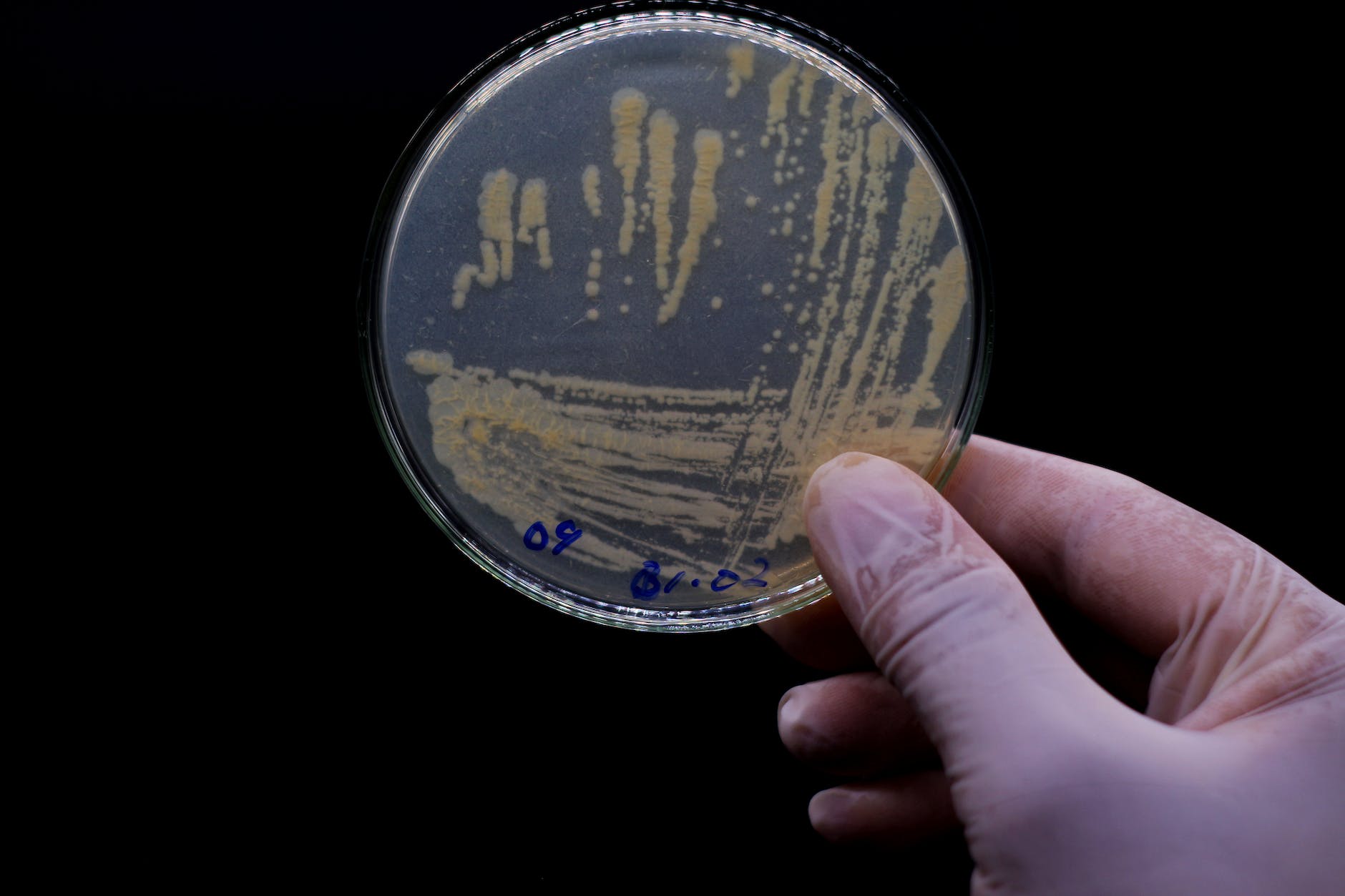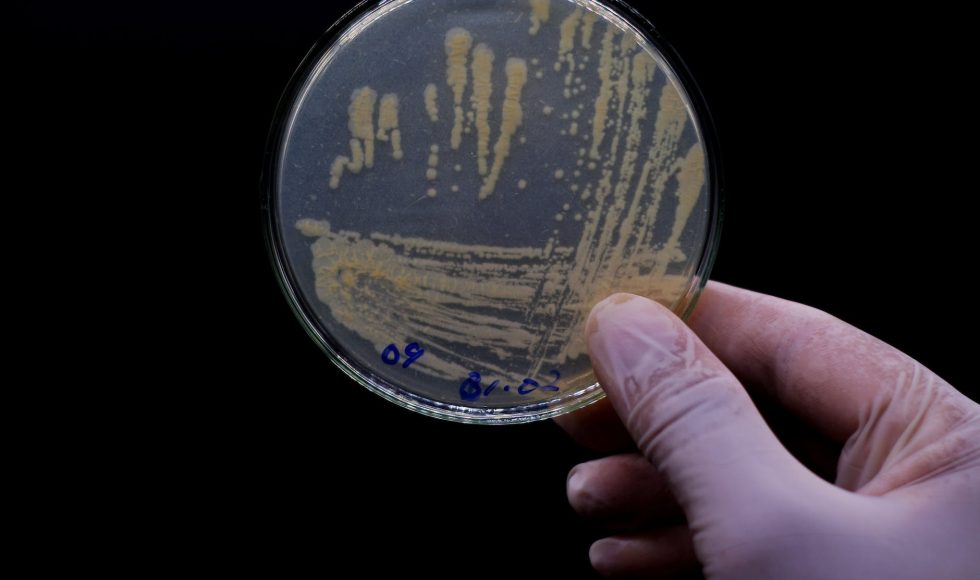Tonight I watched the recording for the ASMCUE 2022 poster session “Hybrid Inquiry Based Lab Highlights Scientific Method Using Bacterial Conjugation as a Model.” Eileen M. Hotze from the Department of Molecular and Cellular Biology at the University of Kansas, Lawrence, was the presenter. Hotze spoke about the need for inquiry-based labs (IBL) and the hybrid modalities. IBLs are “designed to mirror authentic research from developing the question and hypothesis to evaluating data and analysis.” Hotze and colleagues used Enterococcus faecalis peptide pheromone induced conjugation as a system to guide students through the development of hypotheses. Plasmid conjugation is based on pheromone concentrations. The inhibitor prevents a cell already harboring the plasmid from conjugating. The student learning objectives included describing the mechanism of conjugation and developing a hypothesis. Students met in breakout rooms to plan the experiment and analysis of results. Students also had a session to prepare the media for their experiments. Student-developed hypothesis included assessing the effect of temperature, incubation time, and ratios of donors. Hotze explained that they assessed student gains in confidence over two semesters. Evidence of student learning from exams and the Laboratory Course Assessment Survey (LCAS) was collected by providing full credit to participants. The guided experience allowed students to explore and “fail” with opportunity for reiteration. I appreciate that Hotze spoke about the advantages of research experiences and experimental design in breakout rooms that are free from lab equipment noise! This session gave me several ideas: I had to watch it three times to make sure I didn’t miss anything I could learn from to improve BIT 295.



